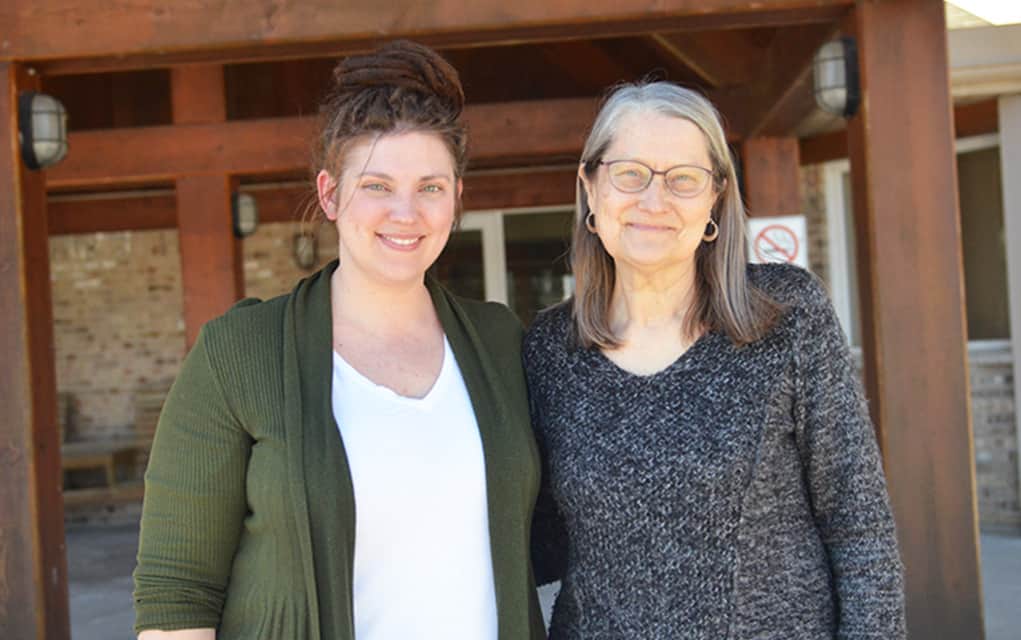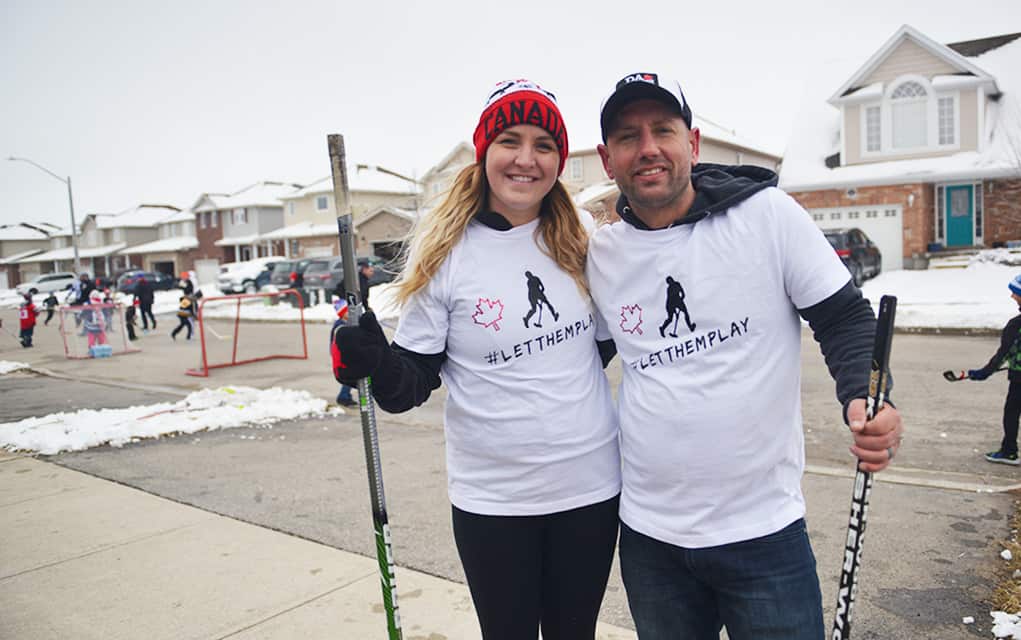Though legalized, cannabis remains something of a hazy subject, which is why the Woolwich Community Health Centre is hosting a pair of upcoming public information sessions.
Led by several nurses knowledgeable about the substance, these sessions will cover a variety of topics including safe cannabis use, mental and physical health impacts, and common myths.
Joy Finney, a health promoter at the WCHC, said these discussions are a response to an increasing need in the community, especially after its legalization in October 2018.
“We try to be open to what the issues are arising in the community. And obviously this is an emerging issue,” said Finney. “What happened was is some family members came to us and were wanting to be able to be supportive of family members that are having mental health concerns. So that’s where these ideas evolved from, from community members asking for these topics.”
The first session takes place on April 9 presented by Bethany Heintz, RPN at WCHC, and Karen Haughey, public health nurse at the Region of Waterloo Public Health. It covers medical and recreational cannabis: Exploring the health effects, risk reduction, and legislation and is related to adult cannabis use.
Other informational tools include videos and handouts about the types of cannabis available like indica versus sativa, the various ways cannabis can be consumed, from joints to edibles and the different effects of each, and familiar as well as uncommon signs of cannabis intoxication (e.g. numbness, confusion, memory impairment, sedation, relaxation, etc.).
Heintz said that cannabis could have a vastly different effect on each person depending on several factors, such as age, metabolism and the type of cannabis.
“We want to make sure that people coming to this session understand when they leave, here is how unique they are and how unique their needs will be when they’re looking at this plant product,” said Heintz.
“Which is why a lot of people, when they’re doing something recreationally … one person is really enjoying the product, and another person is having maybe a bad trip. That’s because the blend isn’t right for every person – it has to be personalized.”
In particular, age has a significant impact on the body’s reaction to cannabis. Youth under age 25 can be more vulnerable to negative effects if used often, while seniors may use the substance for medicinal purposes.
“With recreational cannabis, the people who may have experimented in their teen years, we want to explore the differences in the plant that is being used today versus when they were teenagers,” said Finney. “Also as we age our metabolism changes and so how we process it may be different than when we were teenagers.”
The second session is on May 7 entitled “start the conversation about cannabis with your child” presented by Ruth Cordukes, public health nurse at Region of Waterloo Public Health and Heintz. This session is aimed towards parents looking to speak to their children about cannabis effectively. Cordukes said one of the goals of these sessions is to create an open and inclusive atmosphere.
“Part of that conversation is sharing the facts,” said Cordukes. “So not saying ‘I’m really worried that you’re going to be an addict.’ But instead, here’s what we know about cannabis. When you’re able to share facts, it’s really hard to take that personally. It’s really hard to get defensive about it.
“It is so important to come into a conversation, not with an intention to control the outcome or to control what the youth does, but the intention to listen.”
The intention is to share accurate, unbiased knowledge on the substance with the public and allow people to make their own decisions. While there is plenty of information that will be brought to the table, Haughey said there is plenty to be still discovered about cannabis, such as the long-term effects.
“With it being an illegal substance previously to the fall, there’s so much that has opened the door to research,” said Haughey. “But we just don’t have all of the research yet. Over time, I expect that will extend. At this point, that’s the tricky part. We’re in this tense balance as to where it sits with the medical system.”
Everyone is invited to attend these sessions; it is not solely for patients of WCHC. The first is on April 9 from 1:30 p.m. to 2:30 p.m. at the WCHC with an adult audience in mind, and the second is May 7 from 6:30 p.m. to 8:30 p.m., aimed at parents.









